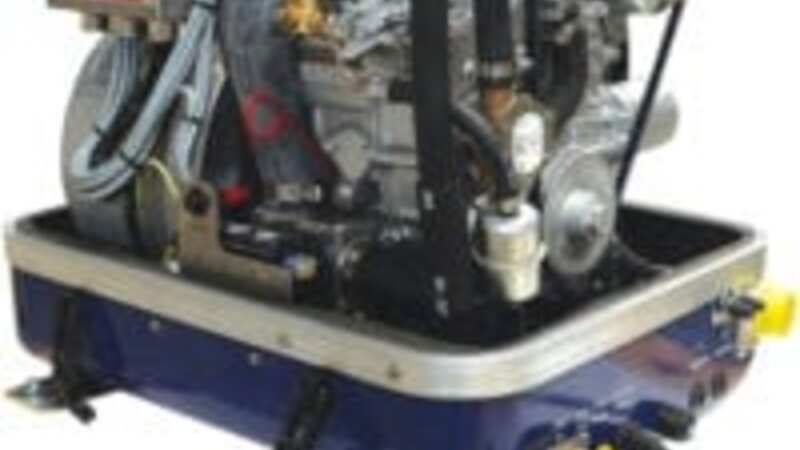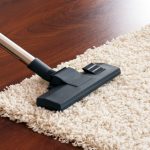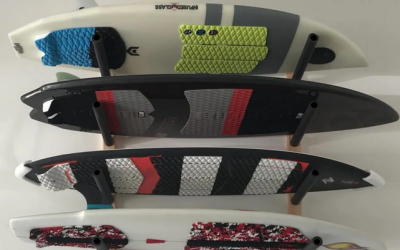Choosing the right marine generator for your boat is crucial for ensuring a reliable power source while you are out on the water. Whether you’re planning a short leisure trip or a long voyage, the right generator can significantly enhance your boating experience by powering essential appliances and systems onboard. In this article, we’ll guide you through the important considerations and steps to select the most suitable marine generator for your needs.
Understanding Your Power Requirements
Before diving into the specifics of marine generators, it’s vital to assess your power needs. Consider the following:
• List of Electrical Appliances : Catalog all devices you plan to use, from navigation systems and lighting to kitchen appliances and air conditioning. Each draws a certain amount of power, which will influence your choice.
• Total Power Consumption : Calculate the total wattage required by adding up the wattage of all appliances. This gives you a baseline for the minimum output your generator should provide.
• Surge Capacity : Some appliances, like air conditioners and refrigerators, need more power at startup. Ensure the generator can handle these surge requirements.
Types of Marine Generators
Marine generators vary significantly in terms of size, fuel type, and power output. Here are the primary types you’ll encounter:
• Diesel Generators : Popular for their efficiency and durability, especially for larger boats.
• Gasoline Generators : Often lighter and cheaper but less fuel-efficient than diesel options.
• Portable Generators : Suitable for small boats or as a backup power source.
Key Features to Consider
When selecting a marine generator , consider these essential features:
• Size and Weight : The generator should fit comfortably in your boat without compromising its balance and stability.
• Noise Level : Consider how much noise you can tolerate, as generators can be loud and disruptive.
• Fuel Efficiency : A more fuel-efficient generator can save money and reduce the frequency of refueling.
• Maintenance Requirements : Some generators require more maintenance than others. Assess your willingness and ability to perform regular upkeep.
Installation and Ventilation
Proper installation and ventilation are critical for safety and efficiency. Ensure that the generator is installed by a professional and that there is adequate ventilation to prevent overheating and carbon monoxide buildup.
Conclusion
Choosing the right marine generator involves understanding your power needs, the types of generators available, and the specific features that best suit your boating lifestyle. By considering the size, noise level, fuel efficiency, and maintenance requirements, you can select a generator that offers reliability and peace of mind during your maritime adventures. Remember, a well-chosen generator not only powers your journey but also enhances the comfort and safety of your boating experience.









